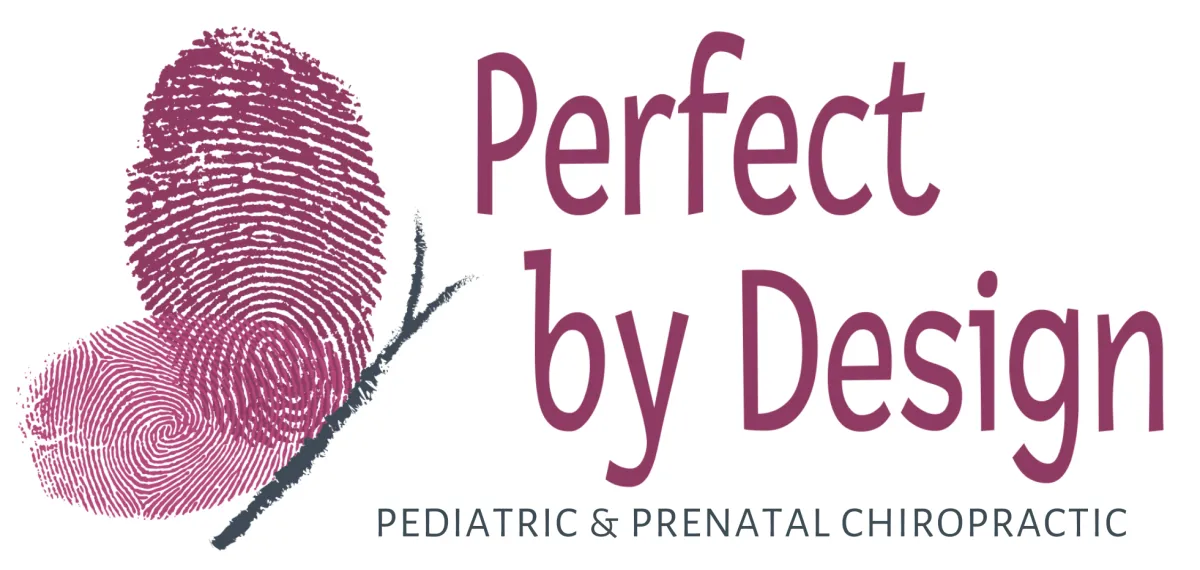

Understanding Dysautonomia in your kids
Beyond Symptoms: Understanding and Addressing Your Child's Dysautonomia
As parents, we dream of seeing our children thrive, not simply survive. But for some families, this dream feels out of reach due to their child's ongoing health struggles.
If you have a child struggling with a complex and frustrating mix of symptoms – mood issues, digestive problems, chronic pain, unexplained weakness, and more – you're not alone. Many parents feel heartbroken and overwhelmed after countless appointments and treatments fail to identify the root cause of their child's suffering.
Could there be an underlying explanation for these persistent challenges?
Demystifying Dysautonomia:
There's a frequently overlooked condition that might be impacting your child – dysautonomia. This blog aims to empower you by providing essential information about dysautonomia and offering hope through alternative approaches.

Understanding the Condition:
Dysautonomia disrupts the autonomic nervous system, a complex network controlling vital functions like digestion, immunity, breathing, and blood pressure. When this system malfunctions, communication between the brain and body becomes impaired, leading to diverse symptoms depending on the affected organs.
Common triggers in children include prenatal stress, birth trauma, infections, gut issues, and anxiety. These stressors can overwhelm the nervous system, initiating a cycle of dysautonomia.
Why Conventional Approaches Fall Short:
Traditional medicine often overlooks nervous system imbalances as a root cause, focusing instead on managing individual symptoms with medication. While this might offer temporary relief, it doesn't address the underlying dysfunction, leaving children struggling with recurring issues and frustration.
Hope Through Neurologically-Focused Chiropractic Care:
This approach offers a potential solution for families like yours. Specialized chiropractors utilize advanced technology like INSiGHT Scans to assess nervous system function and perform precise adjustments to address NeuroSpinal tension (subluxation). The goal is to restore balance and harmony within the autonomic nervous system.
A Story of Hope:
Francesca, a spirited 13-year-old, battled various health issues throughout her childhood, including seizures, fatigue, anxiety, and constipation. Despite numerous consultations, doctors couldn't pinpoint the cause. After learning about dysautonomia, her family sought the expertise of a specialized chiropractor, embarking on a new journey focused on addressing the root cause.
The Journey to Recovery:
At Perfect by Design, we understand that recovery needs a specific sequence. Before addressing brain-based challenges like seizures and anxiety, we prioritize improving your child's digestion, sleep, immune function, and motor system. This comprehensive approach aims to provide lasting results.
In Francesca's case, addressing her digestive, sleep, and immune system issues paved the way for improvement in her brain-based challenges.
Remember, you're not alone in this journey. By exploring alternative approaches and understanding the potential role of dysautonomia, you can empower yourself to advocate for your child's health and well-being.
If your child’s health journey has been marred by unexplained symptoms and relentless challenges, dysautonomia could hold the key to understanding their struggles. Take the first step towards clarity and healing by scheduling a consultation at Perfect by Design today! Our innovative INSiGHT scans help us identify neurological dysfunction and tailor a unique care plan using non-invasive, gentle adjustments to your child’s specific needs, paving the way for restoration.
Schedule now through our website or give us a call!
West Cobb
Monday: 2:30pm - 6:30 pm
Tuesday: 9am - 12pm & 2:30pm - 6:30 pm
Wednesday: 9am - 12pm & 3pm - 6pm
Thursday: 9am - 12pm & 2:30pm - 6:30pm
Friday: Closed
Saturday: 9am - 12pm
Smyrna
Monday: 10am - 1pm & 3pm - 6pm
Tuesday: Closed
Wednesday: 10am - 1pm & 3pm - 6pm
Thursday: 3pm - 6pm
Friday: 10am-1pm & 2pm-5pm
Saturday: Closed
Douglasville
Monday: 10am - 12pm & 3pm - 5:30 pm
Tuesday: Closed
Wednesday: 10am - 12 pm & 3pm - 5:30pm
Thursday: Closed
Friday: 10am-12pm & 3pm-5:15pm
Saturday: Closed


